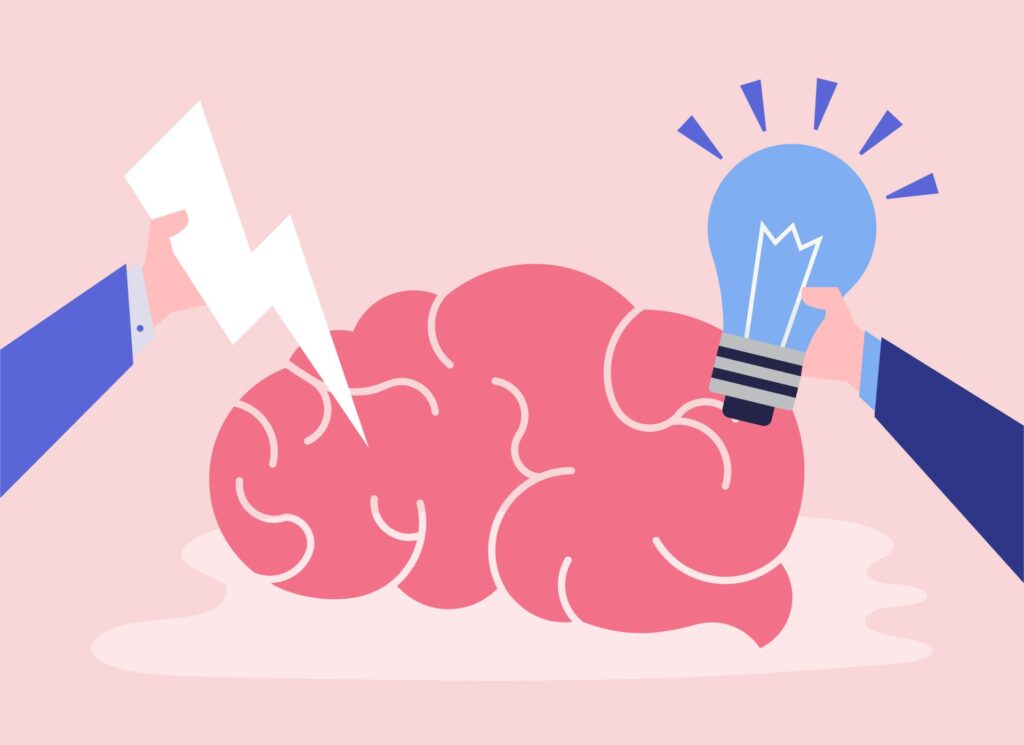Keeping organised can be difficult for anyone, but for those who are diagnosed with attention-deficit/hyperactive disorder (ADHD/ADD), it can be particularly troublesome.
The main reason for this is that one of the symptoms of ADHD is difficulty in staying focused and becoming easily distracted through overactive thoughts, thus tasks can become abandoned and left incomplete.
Additionally, motivation is an issue for people with ADHD, so things can be left late and lead to feelings of being overwhelmed and stressed.
In 2020, it was estimated the global rate of ADHD is at 2.58 per cent, meaning that there are millions of individuals worldwide coping with the symptoms of ADHD.
There are, though, methods to try and help stay focused and disciplined.
Create a playlist
ADHD symptoms such as lack of focus and hypersensitivity to loud noises impact the ability to organise.
But music is a great way to help get thoughts in order. Lower dopamine levels in the brain explain why concentration levels are affected, and while caffeine and prescribed medication can help so does music.
The type of music you listen to is important, though. For instance, it can be easy instead to focus on the music and start singing along rather than focusing on what it is you are wanting to do.
Songs with mid-tempo and clear rhythm are perfect for aiding with your task, so create a playlist of your favourite tunes and let them play while you complete what it is you are wanting to do.
Create a routine and stick to it
Finding a manageable routine can be a great way to manage the symptoms of ADHD.
Following a routine will not only bring a sense of fulfilment but it can help to alleviate stress and anxiety, thus improving your mental health.
Humans are creatures of habit and our automatic responses create habit loops, which are repeated until they almost become an involuntary part of our day. It’s important to note that repetition is key for a habit to become routine. Find ways that will ensure that you keep your new habits consistent.
It can be something as simple as following a daily morning routine before going to work, undergoing an exercise regime, or changing the time of day you wake up and go to bed to allow more time to get tasks done.
Designated homes for items
As touched upon, people with ADHD can struggle with organisation.
This is why it is especially important around the home to have designated areas where things should be stored.
Things such as keeping all your cutlery in a single drawer and kitchen appliances in the same cupboard are simple steps that can help keep you organised.
Additionally, investing in bespoke storage solutions, such as fitted wardrobes, can help keep your belongings organised.
In the bedroom, it can be helpful to have all your medication and sleeping aids in a bedside drawer, while having chargers and cables for your phones and smart tablets in a different drawer.
By grouping things together, you will find it is a lot easier to locate what it is you are looking are, while hopefully reducing time spent looking for items.
Regularly declutter
Having a lot of items can increase that overwhelming feeling that comes with having to keep your home clean and tidy.
It is good practice to get into a regular habit of decluttering your space. That does not mean you have to throw away all your valuable possessions.
But removing items you do not use or that were impulse purchases is a good way to avoid a build-up of clutter, for instance regularly go through your wardrobes and remove clothing items you either do not wear much anymore or that you forgot you had.
By regularly keeping on top of things, it will avoid a more overwhelming and stressful clear-out further down the line.
Time-bound tasks
Part of what causes stress is the thought of having to spend a lot of time on a project or task.
One thing to consider is using the Pomodoro Technique, where you set a timer for a task and when the timer goes off you take a short break.
The periods can be relatively short, try between 15 and 30 minutes. By splitting a longer task into a series of smaller ones, you will reduce stress and be able to achieve your goal.
Use charts and digital tools
Technology has been hugely beneficial in so many facets of life, and it can be useful for those with ADHD too.
There are many tried and tested specialist apps that can be used to list and assist with daily errands – whether that be your daily goals, new habits or additional tasks. Such apps have grown substantially in popularity over the years so ensure you investigate the reviews to find one that best suits your needs.
If you do not want to use an app, you could use a physical chart or whiteboard, just something that you can cross off as you go along with your day.
To conclude…
Of course, change doesn’t happen overnight and it’s important to remember that breaking old habits can often be harder than making new ones. However, with small steps, a gradual changes, you’ll be able to stay on top of tasks, keep organised and be the best version of yourself.
